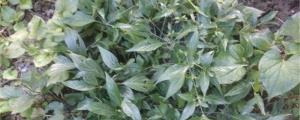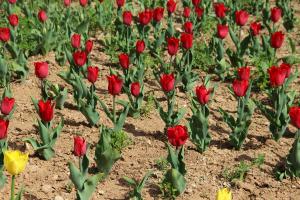Will Rain Water Kill House Plants?
As an avid gardener, I love using natural resources such as rainwater to nourish my plants. However, I have heard some concerns that using rainwater may harm indoor gardening. In this article, we will explore whether rainwater is safe to use for your houseplants.
What is in Rainwater?
Rainwater is a naturally occurring resource that comes from the clouds. It is free of the minerals and additives present in tap water. However, it may contain pollutants from the air, such as dust, pollen, and chemicals. The presence of these pollutants may raise concerns about whether rainwater is safe for houseplants.
Is Rainwater Safe for Houseplants?
Generally, rainwater is safe for houseplants. In fact, some gardeners prefer using rainwater as it contains fewer minerals than tap water, which can build up over time and cause harm to plants. However, while rainwater contains less minerals, it may still contain pollutants such as dust, pollen, and chemicals. Therefore, it is important to collect rainwater in a clean container, away from pollutants and debris.
How to Collect and Use Rainwater for Houseplants
If you are planning to use rainwater for your houseplants, there are some steps you should follow to ensure it is safe. Firstly, you should collect rainwater in a clean container. The container should have a lid to prevent pollutants and debris from entering the water. Secondly, you should let the collected rainwater sit for at least 24 hours before using it to water your plants. This process will allow the water to adjust to room temperature and dissipate any remaining pollutants in the water. Finally, you should pour the rainwater slowly over the soil and not directly onto the leaves or stem of the plant. This process will prevent soil erosion and allow the roots to absorb the moisture better.
Conclusion
Using rainwater to water your houseplants can offer many benefits, including fewer minerals and additives compared to tap water. However, it is essential to collect and use rainwater properly. If you follow the necessary steps, using rainwater will not harm your houseplants.
While it is always a good idea to remain cautious when using any new resource for gardening, using rainwater is generally safe for houseplants. By taking small steps to collect and use rainwater properly, you can enjoy the benefits of natural resources and help your houseplants thrive.

 how many times do yo...
how many times do yo... how many planted tre...
how many planted tre... how many pine trees ...
how many pine trees ... how many pecan trees...
how many pecan trees... how many plants comp...
how many plants comp... how many plants can ...
how many plants can ... how many plants and ...
how many plants and ... how many pepper plan...
how many pepper plan...




























